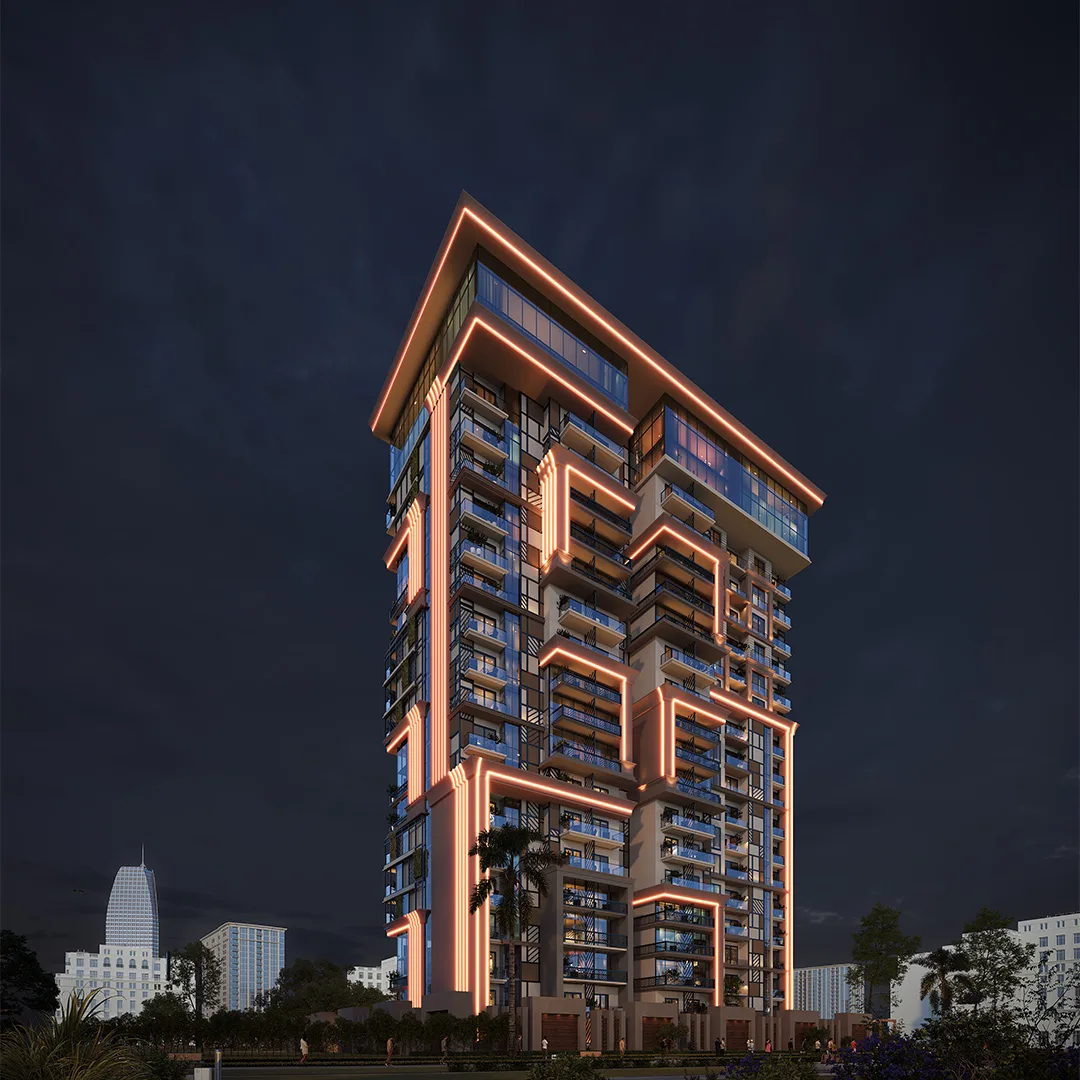
The keys are in your hands, documents signed, and you’ve officially become a property owner in Ghana. While this moment deserves celebration, your journey as a responsible homeowner has just begun. Understanding your post-closing property responsibilities in Ghana is crucial for protecting your investment and ensuring long-term success in Ghana’s dynamic real estate landscape.
Many new homeowners significantly underestimate the legal complexities of property ownership in Ghana, where traditional land tenure systems intersect with modern legal frameworks, creating unique obligations that differ significantly from other countries.
Essential Legal Obligations That Cannot Wait
Your first critical task involves completing title registration with the Ghana Lands Commission. Thanks to recent digital reforms under the Land Act 2020, this process now takes 4-12 months compared to previous years-long delays. You must submit your application immediately after closing, including original Land Title Certificate, geo-referenced site plan from licensed surveyor, and tax clearance certificate.
Registration costs range from GHS 2,000-5,000+ per acre, covering registration fees of GHS 1,148-1,178 per acre, survey expenses, and mandatory stamp duty payments calculated between 0.25%-1% of property value. Greater Accra Region processes applications fastest, typically within 4-6 months, while rural areas may require 8-12 months.
Property taxes represent another immediate responsibility requiring careful attention. Ghana’s property tax rates range from 0.5%-3% of assessed value annually, with Accra Metropolitan Area rates around 2.5%. These taxes fund local infrastructure development and are collected by Metropolitan, Municipal, and District Assemblies. Late payment penalties compound at 10-20% monthly, making timely compliance essential for avoiding property seizure.
The most uniquely Ghanaian obligation involves ground rent payments to traditional authorities or the state. With 80% of land held under customary law, most properties require annual payments managed through complex traditional systems. Ground rent amounts typically calculate at GHS 0.01 per square foot, managed by the Office of the Administrator of Stool Lands for traditional lands or Lands Commission for state properties. Non-payment constitutes breach of lease and can lead to serious legal complications.
Climate-Smart Maintenance Strategies
Ghana’s tropical climate demands specialized maintenance approaches that many new homeowners overlook. With humidity levels consistently between 77-85% and extended rainy seasons, your property faces unique challenges requiring proactive management and climate-appropriate solutions.
During the rainy season (April-November), prioritize monthly gutter cleaning, comprehensive roof inspections, and foundation drainage monitoring to prevent costly water damage. The dusty Harmattan winds (December-March) require frequent air filter maintenance, dust infiltration prevention measures, and plumbing protection from temperature fluctuations that can cause pipe cracking.
Property insurance provides essential protection, though only mandatory for mortgaged properties under bank requirements. Premium costs range from 0.15-0.25% of property value for basic fire coverage, or 0.3-0.5% for comprehensive homeowner’s insurance covering theft, weather damage, and personal liability. Major providers include Enterprise Insurance (13.4% market share), SIC Insurance, and Hollard Insurance Ghana.
Annual maintenance budgets should allocate 2-4% of property value for routine upkeep, including HVAC servicing (GHS 800-1,500), plumbing maintenance (GHS 500-1,200), and electrical system checks (GHS 400-800). Emergency funds should represent additional 1-2% of property value for unexpected repairs, particularly important for older properties or those in flood-prone areas.
Navigating Homeowner Responsibilities
Monthly utility costs include electricity averaging GHS 200-400 for residential properties and water bills typically GHS 30-50, with multiple payment options including mobile money, online platforms, and designated bank branches. Properties in planned communities require mandatory Homeowners Association fees covering security services, landscaping maintenance, and common area upkeep.
Ghana’s complex land tenure system requires constant vigilance against potential disputes that can threaten your ownership. Watch for multiple claimants asserting rights to the same property, chieftaincy disputes affecting traditional land authority, incomplete allocation papers that lack legal standing, and boundary conflicts with neighboring properties.
For diaspora owners or investment properties, professional property management services typically charge 8-12% of rental income but provide comprehensive support including tenant screening and management, maintenance coordination, financial reporting, and legal compliance monitoring.
Recent Digital Transformations
Ghana Lands Commission’s comprehensive digital initiative has revolutionized property registration through advanced ELIS/GELIS systems, currently processing 30-40% of Accra transactions electronically with ambitious targets for complete digitization nationwide.
Success in Ghana property ownership requires understanding legal obligations, climate considerations, and traditional systems. VAAL Real Estate Ghana provides comprehensive property management services to help navigate these complexities while maximizing investment returns and ensuring complete legal compliance. Contact our experienced team today for expert guidance.